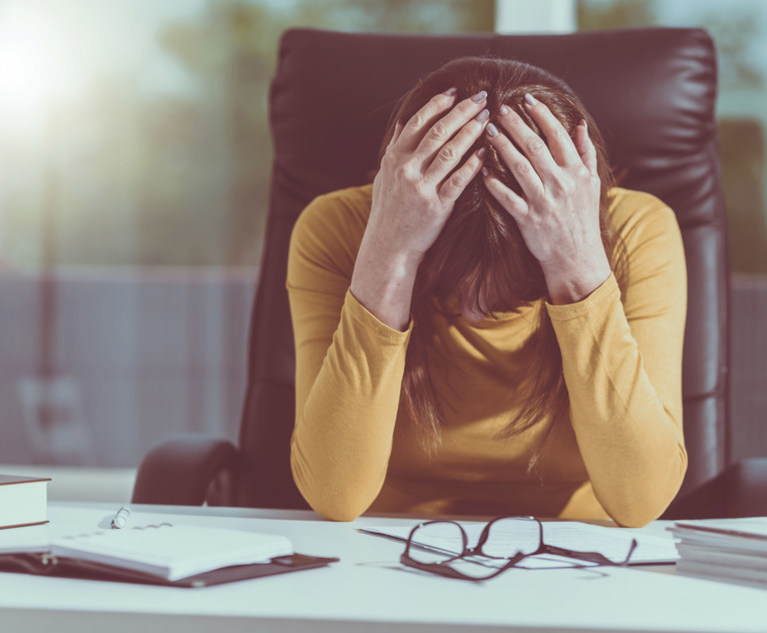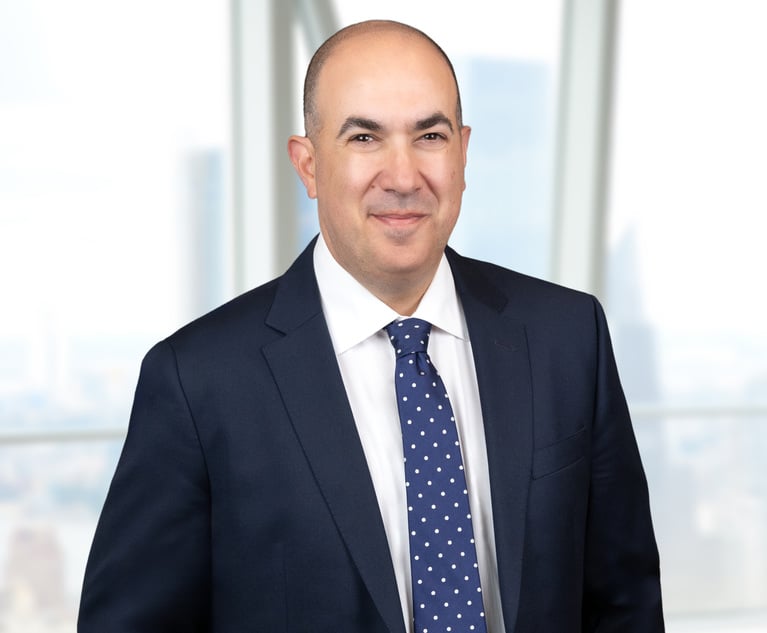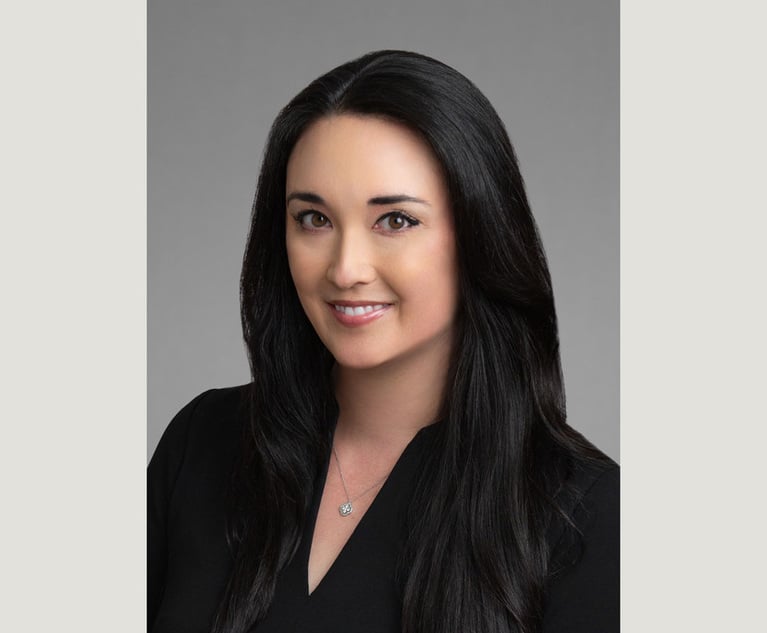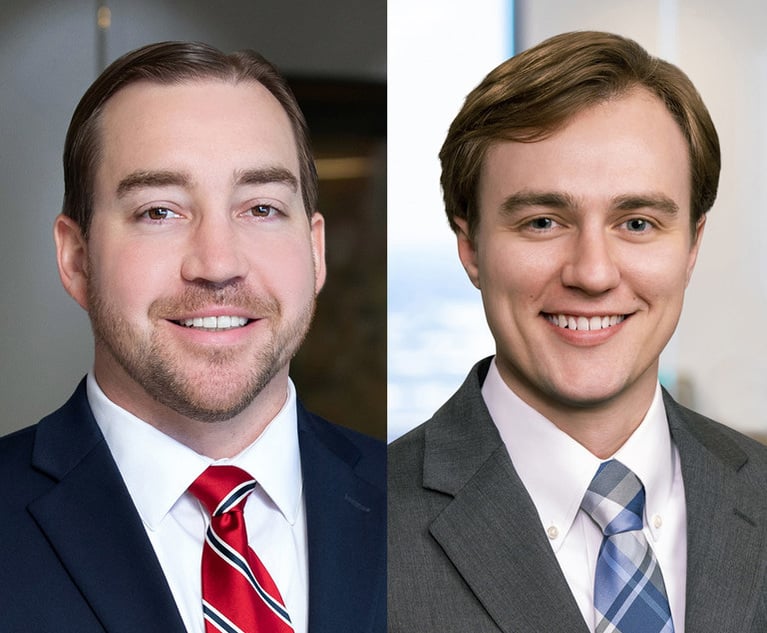Mental health challenges are on par with physical ones, although the fix is harder to detect because it is often unseen or unrecognized or—if apparent—stigmatized. What to do? The following are not designed to turn the reader into a therapist. They are not designed to help a seriously troubled lawyer or law student needing specialized assistance. Instead, these mindsets are offered as prophylactics, vaccines of a sort, inoculating us all upfront from incipient troubles. Cures and remediations are fine; prevention and avoidance are better.
And know that the latter is needed and needed now. In March 2018, researchers published in the Harvard Business Review that law practice is the loneliest profession, calling the result “not surprising given the known high prevalence of depression among lawyers.” The result: “loneliness has the same effect as 15 cigarettes a day” on overall health. And that is our future as well, as professor Tiffany D. Atkins reports in “#For the Culture: Gen Z and the Future of Legal Education,” Vol. 26, Michigan Journal of Race and Law (2020), a stark future for Gen Z students (born between 1995 and 2010), especially students of color, now filling up law school seats and already “suffering from insecurity, depression, [and] anxiety.” Why? The life promised to them in social media and the life delivered to them by reality. This cognitive conflict flows over into the practice of law.


 Credit: thodonal/stock.adobe.com
Credit: thodonal/stock.adobe.com




